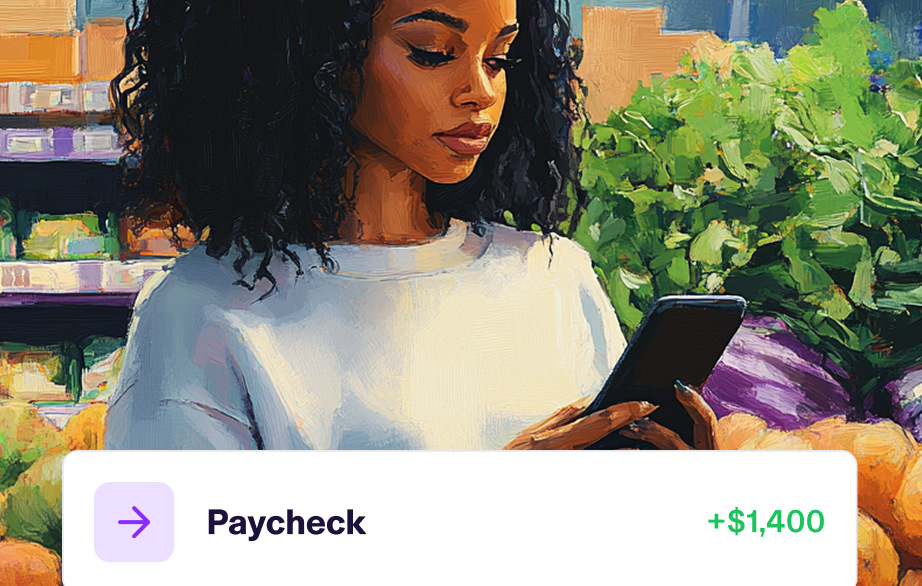A delinquent account happens when you miss a payment. Simple as that. You agreed to pay by a certain date, but didn't.
This can happen with any account—credit cards, loans, utilities, or even property taxes. And if you keep missing payments, your account eventually goes into default.
How bad is it?
How much trouble you're in depends on how late you are:
Less than 30 days late: You'll probably just pay a late fee.
30+ days late: Now it gets serious. The lender reports you to credit bureaus, and this stays on your credit report for seven years.
60+ days late: More fees pile up, and you'll start getting calls and letters.
90+ days late: Your account might be closed or you could face foreclosure warnings.
120+ days late: Your debt goes to collections. If you put up collateral like a car or house, you might lose it.
Why it hurts your credit
Your payment history makes up 35% of your FICO score. Even one late payment can drop your score by 50-100 points.
And don't expect to get delinquencies removed from your credit report unless there's been a mistake.
Why this matters
Missing payments can cause:
Late fees that add up fast
Loss of promotional interest rates
Higher penalty interest rates
Damaged credit that makes future loans more expensive
Trouble renting apartments or setting up utilities
How to avoid delinquent accounts
1. Set up autopay so you never forget a due date
2. Talk to your lenders if you're struggling. Many offer hardship programs if you reach out before missing payments.
3. Consolidate your debts if juggling multiple payments is the problem
4. Use emergency savings if needed—avoiding credit damage is actually an emergency
5. Trim your budget by cutting subscriptions or daily splurges to free up cash for payments
6. Try credit counseling from a nonprofit like the National Foundation of Credit Counselors
What to do if you are already behind
1. Bring your account current if you can afford it
2. Call your lender ASAP—they might have hardship options
3. Consider debt consolidation if juggling multiple payments is the problem
4. Talk to a credit counselor about creating a realistic budget
If your debt's already in collections, try negotiating a payment plan or settlement.
How KOHO can help rebuild your credit
If you've had delinquent accounts damage your credit, KOHO offers tools to help you rebuild:
KOHO Credit Building: This program reports your on-time payments to credit bureaus, helping improve your payment history—the biggest factor in your credit score.
No risk of overspending: Unlike traditional credit cards, KOHO's credit-building program doesn't let you spend money you don't have, so you won't fall into debt again.
Real-time spending insights: The KOHO app shows exactly where your money goes, making it easier to budget and ensure bills are paid on time.
No credit check required: Even with damaged credit, you can start rebuilding right away.
Rebuild Your Credit With KOHO.
Stay on track
Late payments can mess up your finances now and for years to come. The best approach is staying on top of your bills and reaching out for help before you miss payments.
Rebuilding good credit takes time, but keeping your accounts in good standing is step one.

About the author
Quan works as a Junior SEO Specialist, helping websites grow through organic search. He loves the world of finance and investing. When he’s not working, he stays active at the gym, trains Muay Thai, plays soccer, and goes swimming.
Read more about this author